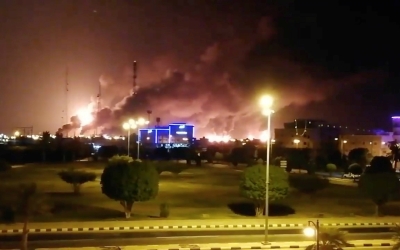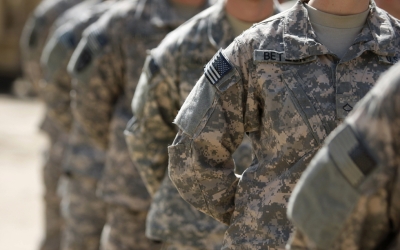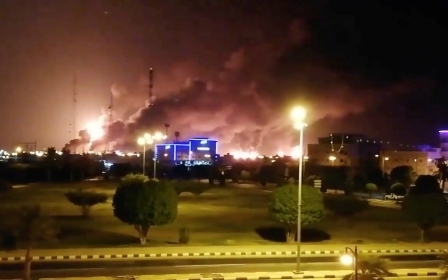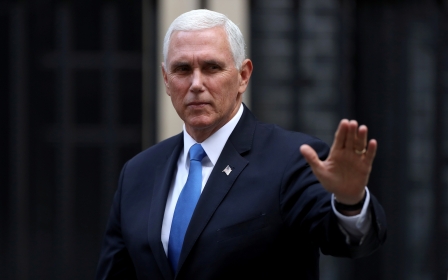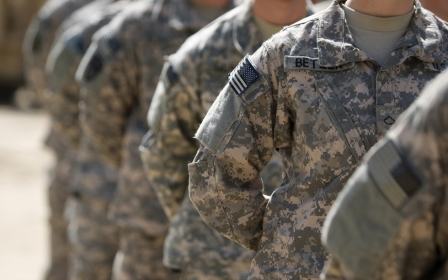Saudi crown prince hosts Iraq PM for talks on oil attacks
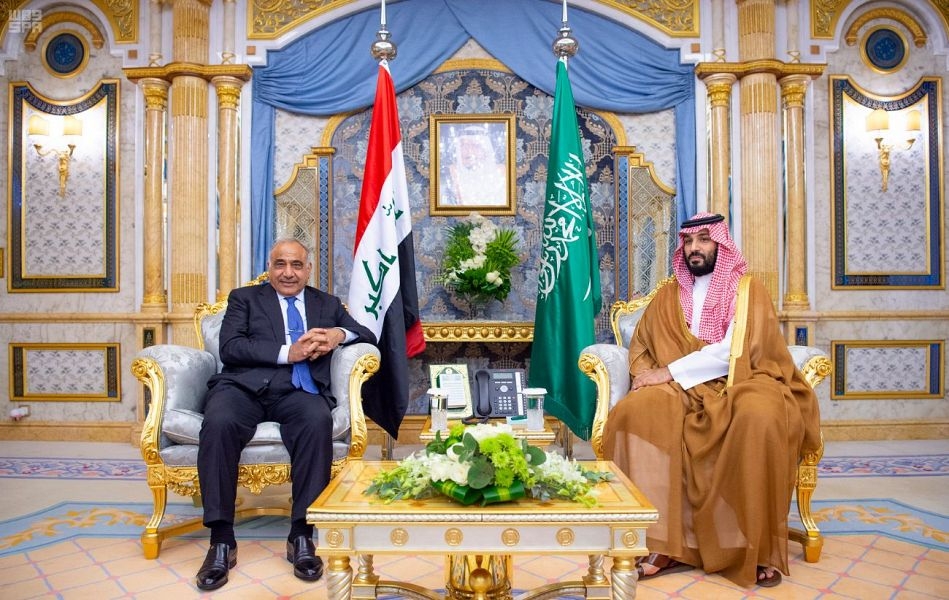
Saudi Crown Prince Mohammed bin Salman hosted Iraqi prime minister Adel Abdul Mahdi for talks in Jeddah on Wednesday focused on attacks on the kingdom's oil infrastructure, which Washington has blamed on Iran.
"The meeting dealt with regional developments, particularly the sabotage attacks on Saudi Aramco plants in Abqaiq and Khurais, stressing Iraqi keenness on the security and stability of the kingdom," the official Saudi Press Agency (SPA) reported.
The 14 September attacks on state oil giant Aramco, which initially halved the kingdom's crude output and panicked global energy markets, have escalated regional tensions.
Yemen's Houthi rebels claimed responsibility for the strikes, but the US says the attacks involved cruise missiles from Iran and amounted to "an act of war".
Iran has maintained that it is not responsible for the attacks, and continues to say that they were carried out by the Houthis.
On the day following the attacks, Middle East Eye, citing an Iraqi intelligence official, reported that the attacks were carried out by Iranian drones launched from bases in southern Iraq controlled by the Iran-backed Hashd al-Shaabi militia.
Baghdad, caught between its two main allies, Tehran and Washington, has denied any link to the attacks.
US Secretary of State Mike Pompeo said last week that Washington did not have any evidence that the attacks came from Iraq, but did not specify where they were launched from.
Pompeo spoke on the phone with Abdul Mahdi in the days after the attacks, with the Iraqi prime minister's office reporting in a statement that Pompeo said the US had information that the attacks were not launched from Iraqi territory.
"The prime minister stressed that Iraq's duty was to safeguard its own security and stability, to avoid any escalation, and to prevent its territory being used against any neighbouring, brotherly, or friendly country," Abdul Mahdi's office said.
At a press conference last week, a Saudi military spokesperson said the attacks were launched from the north and "unquestionably sponsored by Iran", but said the Saudis were still "working to know exactly the launch point".
Mahdi's expression of solidarity with Saudi Arabia comes amid a steady warming of ties between Baghdad and Riyadh after decades of strain.
Iraq's oil minister, Thamer al-Ghadban, separately held talks on Wednesday with his Saudi counterpart Prince Abdulaziz bin Salman, SPA reported.
Saudi Arabia severed relations and closed its border with its northern neighbour after Saddam Hussein's August 1990 invasion of Kuwait.
But a flurry of visits between the two countries in recent months has indicated a thawing of ties as Riyadh seeks to counter Iran's strong presence in Iraqi politics.
American defence secretary Mark Esper discussed US troop mobilisation to Saudi Arabia with the crown prince in a phone call on Wednesday, SPA said.
US President Donald Trump authorised the deployment of hundreds of American soldiers to the kingdom earlier this month after the attack on the Saudi oil facilities.
According to the SPA statement, Esper told bin Salman that Washington will do "everything necessary to help the kingdom to defend itself".
In a press conference last week, Esper avoided answering questions about whether the US could confirm Iranian responsibility for the oil fields attacks, and would not divulge any information about where the US believed the attacks were launched from, saying that the Saudis were leading the investigation.
"The United States is on the ground in Saudi Arabia, the Saudi Arabians are leading this investigation, and we will keep them in the lead with regard to the forensics. So we need to let that play out and let the evidence play out," Esper said.
Middle East Eye delivers independent and unrivalled coverage and analysis of the Middle East, North Africa and beyond. To learn more about republishing this content and the associated fees, please fill out this form. More about MEE can be found here.


